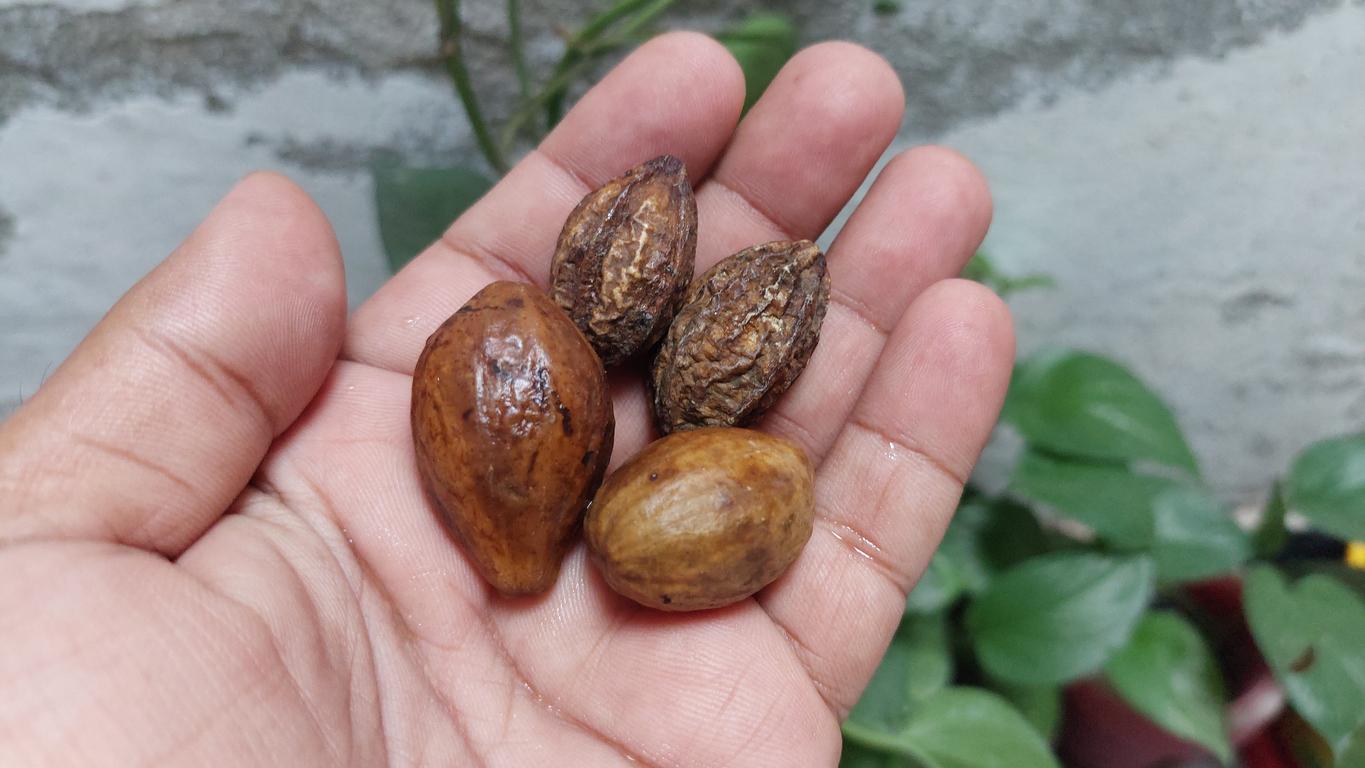For the first time, Australian researchers have tested the ability of plants to absorb gasoline-related compounds, such as benzene.

“We know that indoor air quality is often much more polluted than outdoor air quality, which has an impact on mental and physical health. But a study has shown that the presence of plants indoors can make a huge difference.” said Johan Hodgson, director of Ambius. In effect, a recent studyconducted by researchers at the University of Technology in Sydney (UTS), revealed that certain plants would be effective in eliminating harmful and carcinogenic pollutants present in the air of housing or offices.
97% of the most toxic compounds eliminated in eight hours thanks to plants
To reach this conclusion, the scientists examined the effects of the presence of a green wall in the dwellings. They observed that 97% of the most toxic compounds were eliminated from ambient air in just eight hours. “We also noted that the more toxins were concentrated in the air, the faster and more effectively the plants removed them, showing that plants adapt to the conditions in which they grow,” explained Fraser Torpy, a bioremediation researcher at UTS in Australia.
Plants would more effectively eliminate the most harmful pollutants linked to gasoline
Another observation: the plants eliminated more effectively the most harmful pollutants linked to gasoline, for example benzene, which is classified as carcinogenic for human beings. Good news, as offices and homes are often connected directly to parking lots, either by doors or elevators, making it difficult to prevent harmful gasoline-related compounds from seeping into areas. work and residential areas. Many buildings are also exposed to gasoline fumes from nearby streets and highways.
“Breathing gasoline vapors can lead to lung irritation, headaches and nausea, and has been linked to an increased risk of cancer, asthma and other chronic diseases with long-term exposure. , which contributes to a reduction in life expectancy”, reminded the team.

















